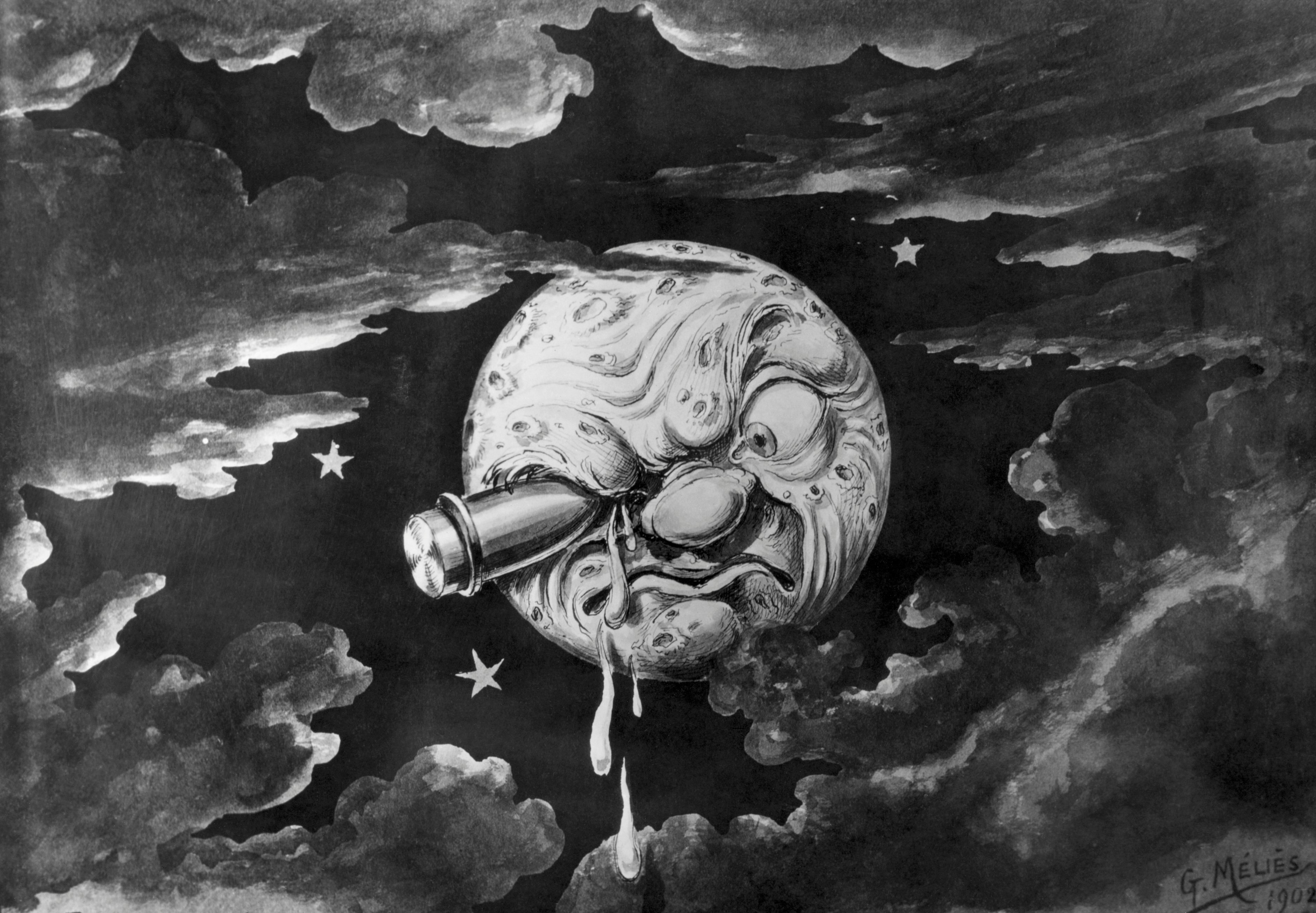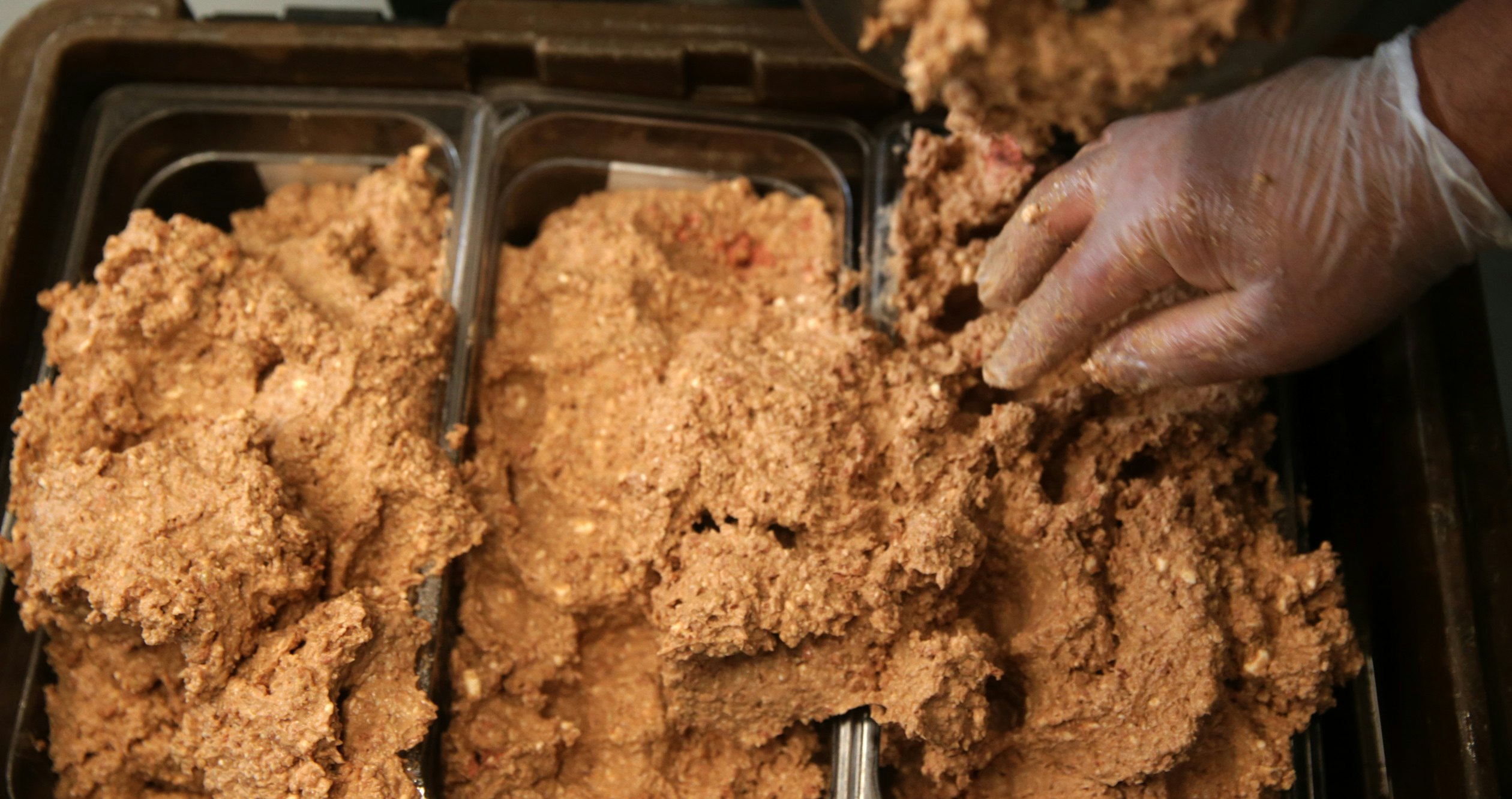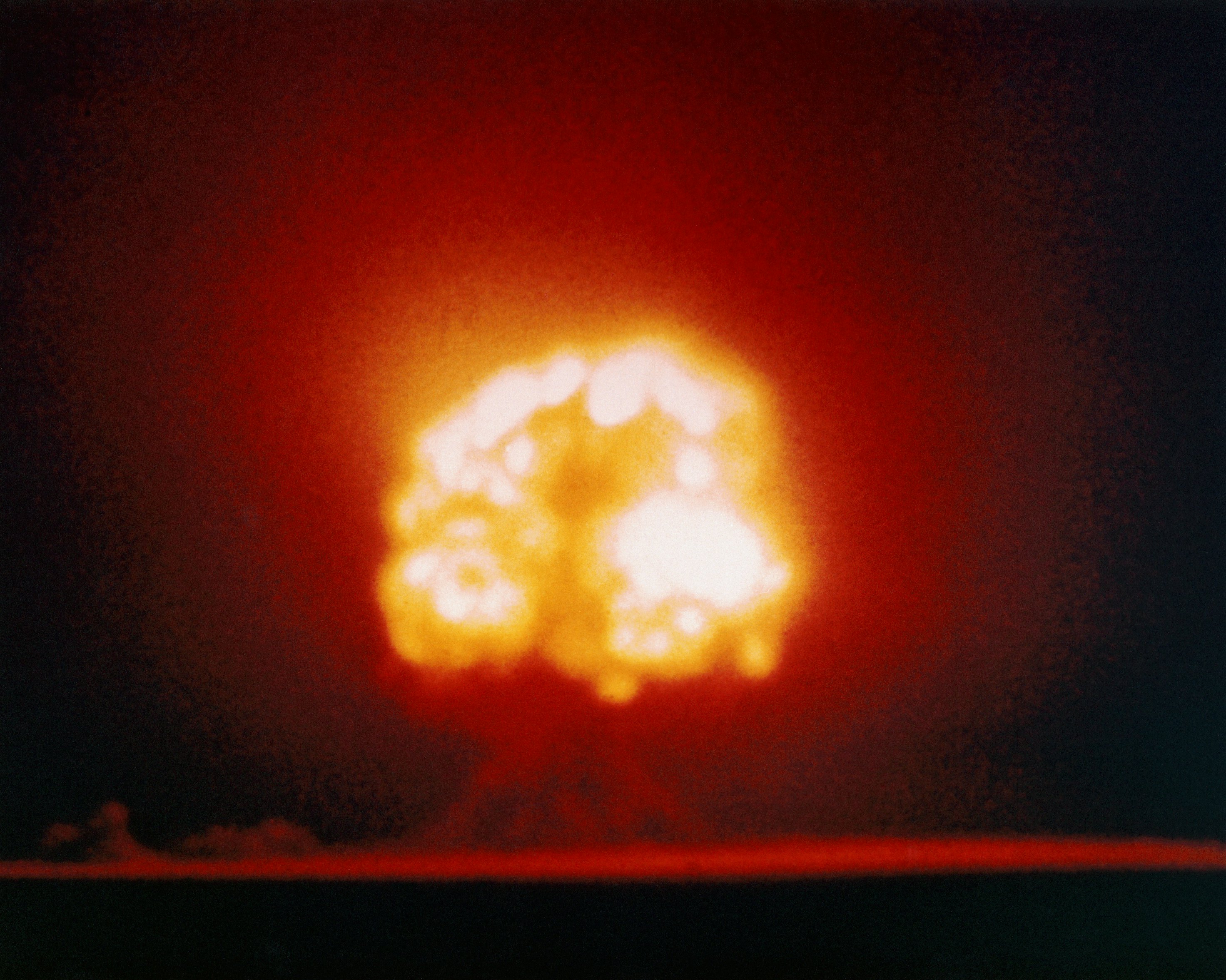
Can you nap? I’ve been nap averse for as long as I can remember: When I was a kid, I much preferred harassing my mom to fry me a pink slice of Spam and watch TV than slip into dreamland. But my commitment to remain in the waking world wouldn’t help me get to space — according to the European Space Agency, human hibernation could be the way we safely transport people across the six-month expanse between here and Mars.
Discover more about your future sleep pod along with other stories in today’s Inverse Daily. But before you jump in, we are pleased to announce our three Rewards winners from January. This month’s Silver tier winner is Brianne B., our Gold tier winner is Alex P., and our Platinum winner is Steven K. Although we can only give out three prizes, we’re so appreciative of all of you. Thank you for sticking with us.
This is an adapted version of the Inverse Daily newsletter for Tuesday, February 1, 2022. Subscribe for free and earn rewards for reading every day in your inbox. ✉️

Putting humans into hibernation could help astronauts travel to Mars
If you want to go to Mars, the scientists helping you get there might need to make you sleepy first… very sleepy… the European Space Agency recently suggested that “hibernation could help humanity get to Mars,” writes Inverse innovation reporter Mike Brown. But the ESA’s hypothetical hibernation probably isn’t quite the Matrix-level goop pod that you’re envisioning.
It’s more like the sleep pods in Alien. Much sleeker, a lot less goop, Sigourney Weaver-approved. “Crew members would enter pods, administer a drug, and let the ship handle operations for most of the flight,” writes Brown. “For a multi-month trip to Mars, it could help a crew complete their trip with reduced stress levels and fewer medical complications.”
There are some entertainment benefits, too. ESA researcher Jennifer Ngo-Anh said in a statement that the “strategy would minimize boredom, loneliness, and aggression levels linked to the confinement in a spacecraft.” Researchers just need to look to one unexpected place to be able to pull it off: bears.
Hop in: NASA’s big Moon rocket is almost ready

A SpaceX rocket is about to hit the Moon
Yes, you read that headline right. A piece of SpaceX’s Falcon 9 rocket is going to smack right into the Moon, and you can watch the whole thing from the comfort of your own home. It’s all very convenient.
“On Thursday, the Virtual Telescope project announced that it will offer fans the chance to see the [Falcon 9] second stage for one final time, as it will be visible from the Earth around one month before it hits the Moon,” reports Mike Brown. “The livestreaming session for the event will be held on February 7 and 8, ahead of the impact on March 4.”
The rocket’s second stage is leftover from a launch SpaceX completed in 2015. The company successfully blasted NASA’s Deep Space Climate Observatory off into space, which “enables NASA to detect solar winds as they’re leaving the Sun,” writes Brown.
Typically, SpaceX collects its second stage after a flight, but “because this destination was so far away, SpaceX instead left the second stage in space.” It sounds a little painful, but you don’t need to worry about the Moon. It won’t be terribly damaged, and in fact, the event might even provide some fun nostalgia for our celestial friend — NASA hit the Moon twice in 2009 on purpose.
Intergalactic beach resort: Saturn’s “death star” might have an ocean beneath its surface

Do plant-based “meats” really have enough protein?
I’m deathly allergic to legumes, so I’ve always been jealous of plant-based eaters. Enjoying tofu with pleasure and elation? I could never! Well, I could. But only once. Anyway, according to Inverse science reporter Elana Spivack, I might not need to be completely jealous of plant-based diets.
Some meat substitutes might not provide enough protein. But there’s no simple answer to whether or not plant-based “meat” is protein-rich enough, and Spivack writes that it “reveals an intriguing disconnect between how we think about protein on the plate versus the actual chemistry of different proteins themselves.”
“Just because something is full of protein doesn’t mean it’s nutritious,” writes Spivack, “And meat, which is full of protein and iron, is not a nutritious diet in isolation, but it can be part of a wholesome diet.” So although three ounces of Impossible Burger “meat” has 19 grams of protein compared to 22 grams in 90 percent lean beef, if you appropriately plan your meals, it might not make a difference in how well you’re eating.
It’s only natural: Did eating meat make us human?

Why do dogs eat grass and poop?
While we’re talking about nutritious diets, let's talk about dogs that eat poop. What’s up with that? “You might write it off as just one more weird dog behavior,” writes Tara Yarlagadda, but “experts say that your dog’s grass-chomping habits may have complex evolutionary roots.”
Inverse spoke to pet experts about that dog topic and others too big to google, like if dogs are really carnivores, if eating grass is safe for them, and why they enjoy digging into the trash to gnaw on yesterday’s beef stroganoff.
A lot of these dog behaviors gesture at evolutionary behaviors “or, more simply, a means to pass the time,” writes Yarlagadda. But owners shouldn’t tolerate all behaviors, regardless of where they come from. Namely, “eating poop — a practice known as ‘coprophagia’ — is one of the more common and perturbing non-food items that dogs consume, and this one can have consequences,” writes Yarlagadda.
That’s nice, honey: Pet experts explain how to bond with your pup

About this newsletter: Do you think it can be improved? Have a story idea? Want to share a story about the time you met an astronaut? Send those thoughts and more to newsletter@inverse.com.
- On this day in history: Italian physicist Emilio Segrè was born on this day in 1905 in Tivoli, Italy. In his career, Segrè had a hand in discovering the element astatine, the artificial element technetium, and acted as a group leader for the controversial nuclear warfare program the Manhattan Project.
- Song of the day: “War is Hell,” by Ho99o9.







